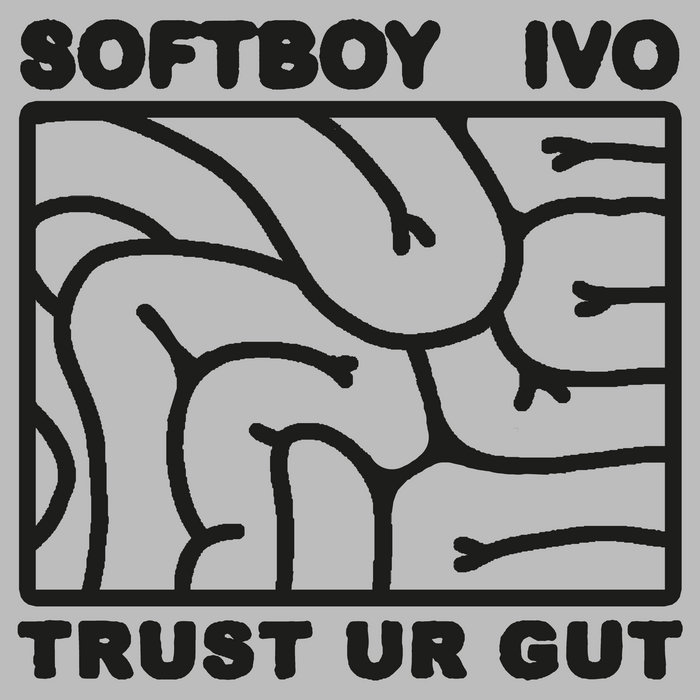
Copium (prod. Dexter) – softboy ivo
this blog is GROOVY – check out great Soul, Funk, Jazz, Hip Hop, Bass, Breaks , Reggae, House n many more TUNES
When you hear the term Deutschrap, what do you picture? Maybe it’s a cool dude spinning rhymes in a Berlin studio, or perhaps it’s a crew busting moves outside a kebab shop. Whatever it is, this vibrant genre has become an integral part of German culture. So sit back, relax, and let’s take this groovy ride through the history of Deutschrap!
The seeds of Deutschrap were sown in the late ‘80s and early ’90s when hip-hop began to creep into Germany. Influenced by American rap artists like Run-D.M.C., Public Enemy, and N.W.A., local talent started to drop their own beats with distinctly German flavor.
One of the trailblazers was Die Fantastischen Vier, who formed in Stuttgart back in 1989. They mixed playful lyrics with catchy hooks — think more party vibes than street cred. Their big hit “Die Da!?!” (1992) is often cited as one of the first successful German rap tracks.
As we cruised into the ’90s, Deutschrap exploded onto radio waves and beyond! Labels like Westbam’s “Low Spirit” took notice. Alongside them came acts like Torch, who brought some serious fire with his thoughtful lyrics addressing social issues.
Then there was Blumentopf, another group that combined humor with sharp commentary — they once hilariously claimed that if they didn’t make it big rap-wise, they’d just have to find “a full-time job at McDonald’s.” Spoiler alert: They didn’t need those fast-food uniforms!
Fast forward to the early 2000s — things got lit! A wave of fierce competitors surfaced including Sido and Bushido. Sido made headlines not just for his music but also for wearing that iconic silver mask; perhaps he thought he could sneak past parents dodging “that scary rapper.” His track “Mein Block” resonated hard across urban landscapes while Bushido threw down bold verses about life on Berlin’s gritty streets.
And let’s not forget about K.I.Z.! Known for pushing boundaries (and buttons), these guys took humor-infused rap to whole new levels. From wild performances featuring bananas (no joke!) being tossed around to controversial lyrics drowning out critics… K.I.Z knows how to keep people talking!
As digital streaming platforms emerged in the late 2010s, so did countless new talents making waves without traditional labels behind them—just raw creativity uploaded straight onto YouTube or Spotify! Artists like Ufo361 put trap beats on top charts effortlessly—all thanks largely due tech-savvy skills over promoting themselves online first rather than waiting around for label interest.
Funny enough? Ufo361 once said he’d only wear designer brands if someone gifted him free stuff—hey sometimes fashion doesn’t always have front-row access!
By now everyone knows about major stars dominating airwaves—artists such as Capital Bra, whose charismatic style helped him snag numerous number-one hits faster than anyone could count! Capital bra even joked once saying he’d be amazed if “one person listened every day,” yet somehow manages record-breaking streams consistently since then… funny paradox right?
Also noteworthy are some collaborations popping up where unlikely pairings created bangers unexpected by fans’ standards—like when rocker Marteria joined forces with pop sensation Helene Fischer. Who knew her smooth vocals could vibe so well adapting along Marteria’s rhythmic flow?
Beyond catchy choruses & insane rhythms lies this genre acting as voice amplifying sentiments felt within diverse communities across Germany—it touches upon everything from love stories woven amidst chaotic lives exemplified through heartfelt delivery styles shaping public opinion too on social justice matters challenging status quo norms portrayed amongst mainstream media outlets today versus times gone by!
For those keeping score at home—many prominent figures found ways transcending music-making becoming influential activists inspiring youth movements stretching far beyond mere entertainment itself (props especially go out towards legendary female artists paving paths equally worth mentioning).
Deutschrap isn’t merely about slick beats—it reflects struggles triumphantly wrapped inside funky flows embodying an entire generation embracing self-expression dancing freely alongside witty repartee while staying rooted within deep cultural threads building bridges between contrasting worlds faced daily all round Europe & even worldwide nowadays because hey… Great music speaks ALL languages don’t ya know?!
So next time you crank up your favorite Deutschrap jam just remember its colorful journey from underground venues packed tight filled laughter jiving together till dawn breaks illuminating sky above—the soundscape keeps evolving undeniably bringing forth fresh vibes reinventing our understanding art suddenly grounded beautifully right here beside us simply allowing groove rolling elegantly overflowing spaces wherever unique souls gather—don’t sleep on what’s happening now folks; after all dance floors await graciously full throttle ahead!!!
Happy rapping everybody!

Copium (prod. Dexter) – softboy ivo
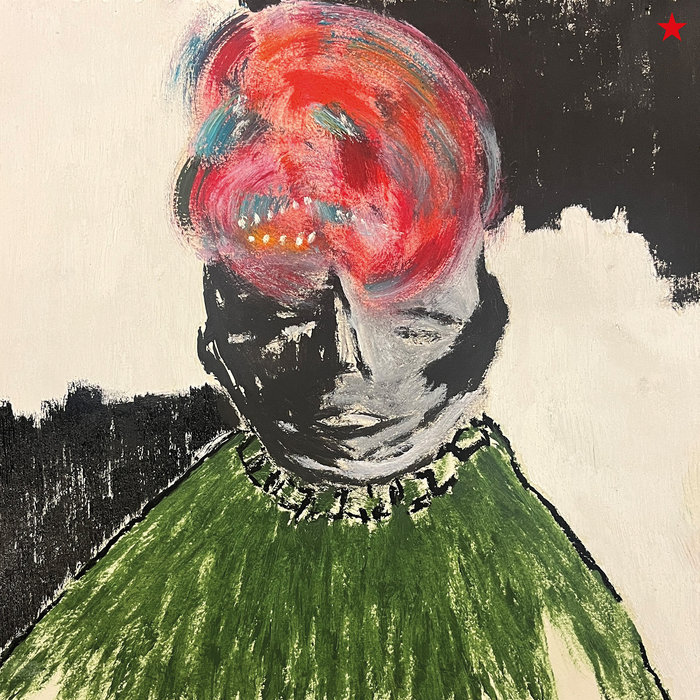
Krieg Macht Geld – Capuze, Zutera
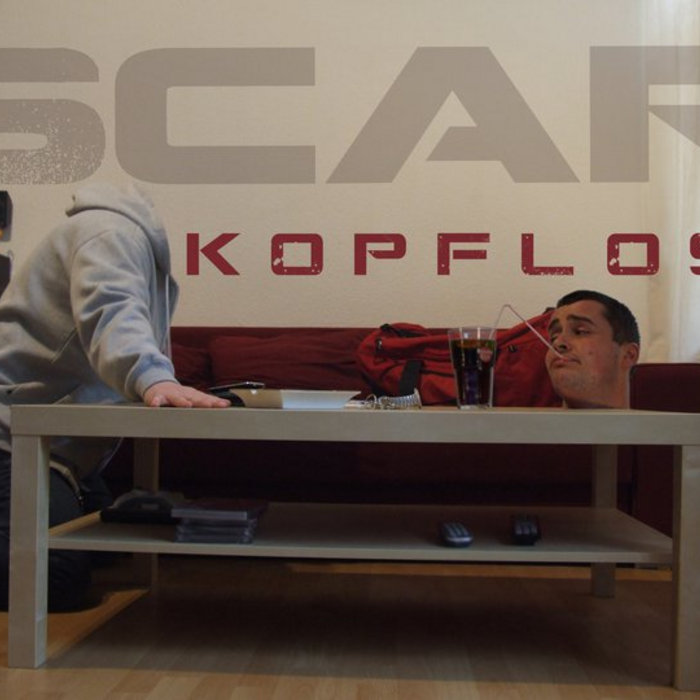
Eines Tages – Scar

elye & Kamikatze feat. SirPreiss – Murphys Gesetz – SirPreiss

Dreh den Sound laut auf – SirPreiss
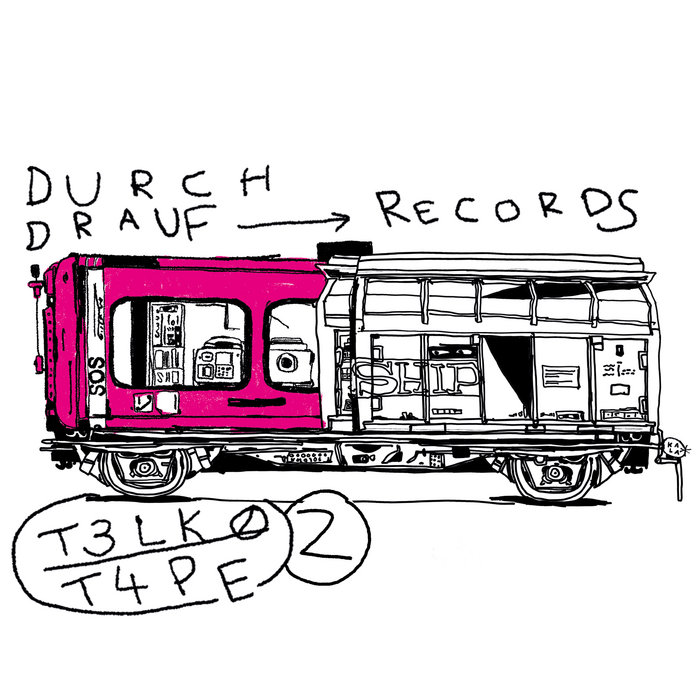
Heftnotiz – Sam Boca, Forty MC, Acyr, DJ Polar
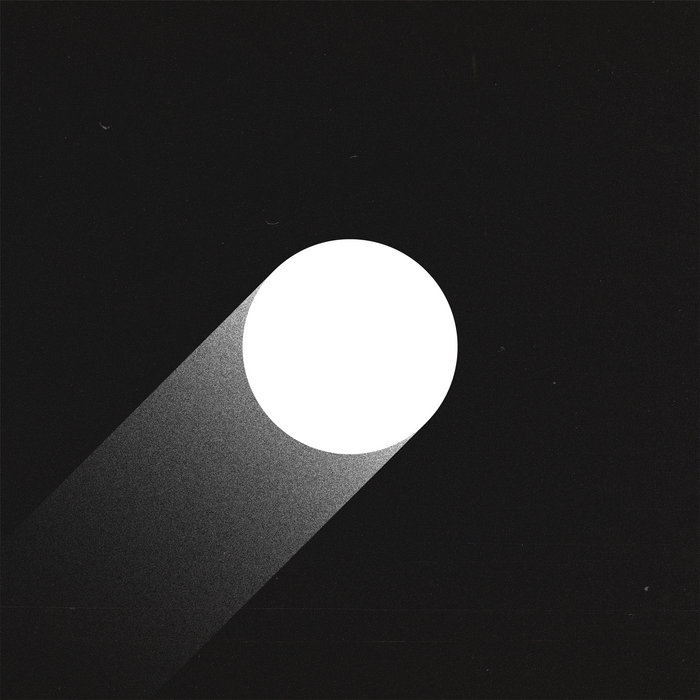
Weit weg pt. 2 – Weltuntergäng
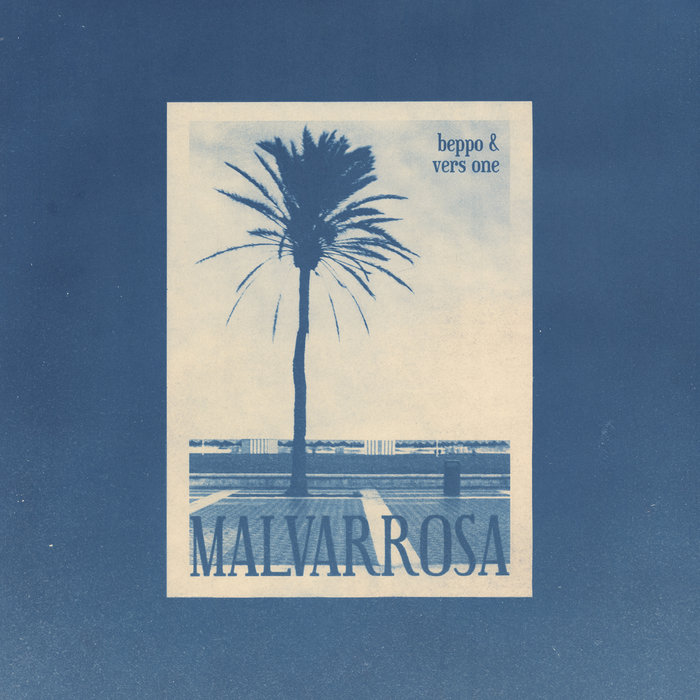
Wir waren mal hier – beppo & VersOne
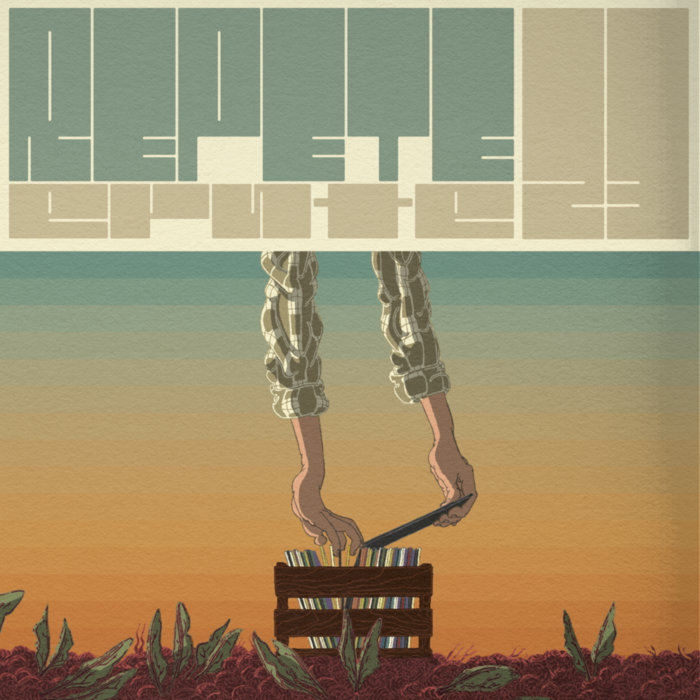
Say Nothing – Am Apparat
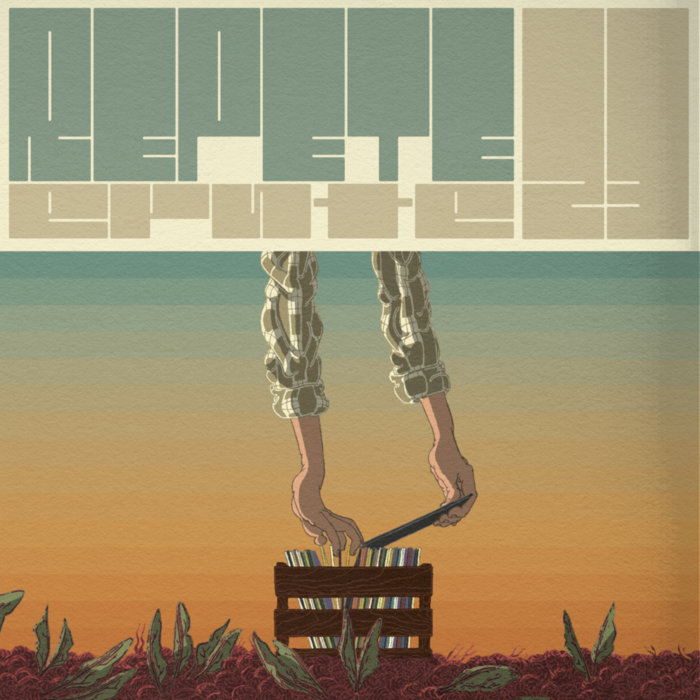
Is This Real Life mit Hafkes und DJ Dookie – Am Apparat